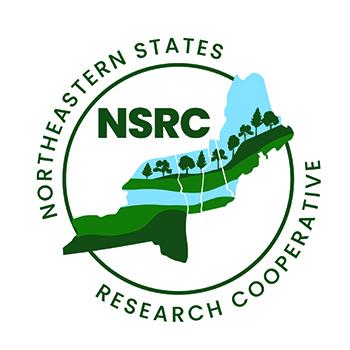Partnership with Abenaki for Conservation and Restoration of the Threatened, Declining Butternut Tree, an Ecologically and Culturally Important Hardwood

Butternut is a cold hardy, native tree used for food and medicine by indigenous peoples. The Abenaki consider butternut the archetype of nut trees; the nut is sweet, and nutritious, while other parts of the tree have many uses. Butternut was once common in Vermont, but has declined by 90-95% due to an introduced fungal disease, butternut canker. Project goals include: provide training, education, and mentoring to Indigenous youth in Indigenous and Western forest health assessment; work with Tribal leaders to identify suitable seed producing trees for sampling; promote species survival and traditional uses of butternut by engaging Tribes in dialogues about scientific and traditional ways of knowing butternut; and working together to plant butternut near communities for food and ecological restoration. Seed data will be used to understand suitable site conditions for restoration.
